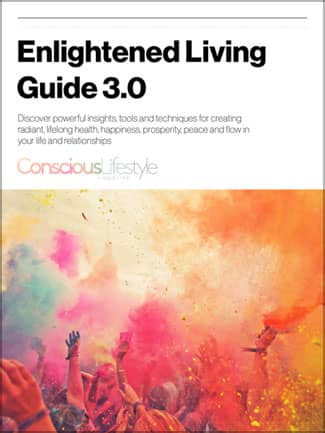A study published in this month’s Journal of the American Medical Association suggests that CBD has no negative impacts on driving while moderate THC intoxication lasts about four hours. The study was led by the Lambert Initiative for Cannabinoid Therapeutics at the University of Sydney and conducted at Maastricht University in the Netherlands.
The first-of-its-kind research involved 26 participants inhaling vaporized cannabis containing different ratios of THC and CBD, then going for a 100-kilometre (~60 mile) drive under controlled conditions on public highways both 40 minutes and four hours later. CBD-rich cannabis did not impair driving while cannabis containing THC, or a THC/CBD mixture, caused mild impairment measurable at 40 minutes later but not after four hours.
Lead author Dr. Thomas Arkell said that “road safety is a primary concern” for lawmakers and stakeholders with regard to cannabis law reforms and the study results “should allow for evidence-based laws and regulation for people receiving medical cannabis.”
“With cannabis laws changing globally, jurisdictions are grappling with the issue of cannabis-impaired driving. These results provide much needed insights into the magnitude and duration of impairment caused by different types of cannabis and can help to guide road-safety policy not just in Australia but around the world.” – Arkell in a statement
The researchers employed a well-established scientific test that measures the standard deviation of vehicle position – an index of lane weaving, swerving, and overcorrecting – which increases under the influence of alcohol and drugs.
The study notes that while it “did not find statistically significant differences in driving performance during experimental on-road driving tests between CBD-dominant cannabis and placebo, the effect size may not have excluded clinically important impairment, and the doses tested may not necessarily represent common usage.”
Medical Disclaimer:
The information provided in these blog posts is intended for general informational and educational purposes only. It is not a substitute for professional medical advice, diagnosis, or treatment. Always seek the advice of your physician or other qualified healthcare provider with any questions you may have regarding a medical condition. The use of any information provided in these blog posts is solely at your own risk. The authors and the website do not recommend or endorse any specific products, treatments, or procedures mentioned. Reliance on any information in these blog posts is solely at your own discretion.





